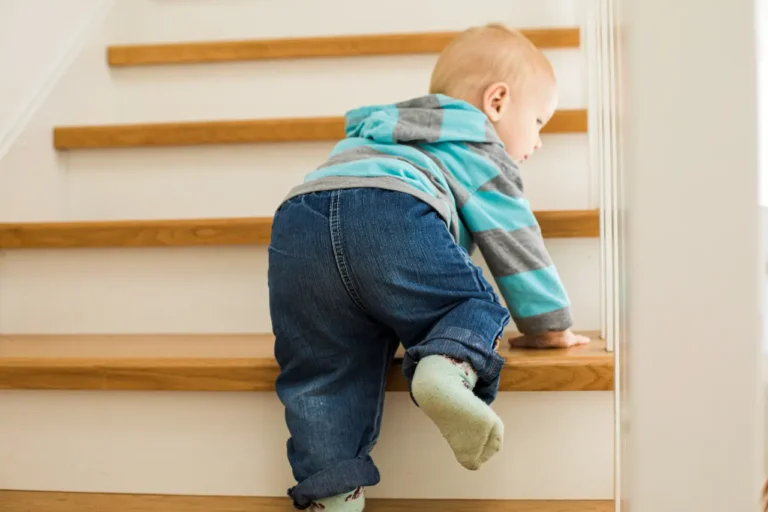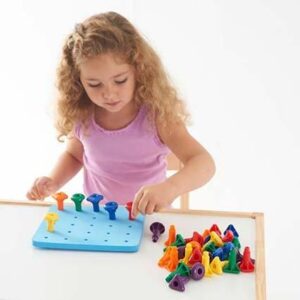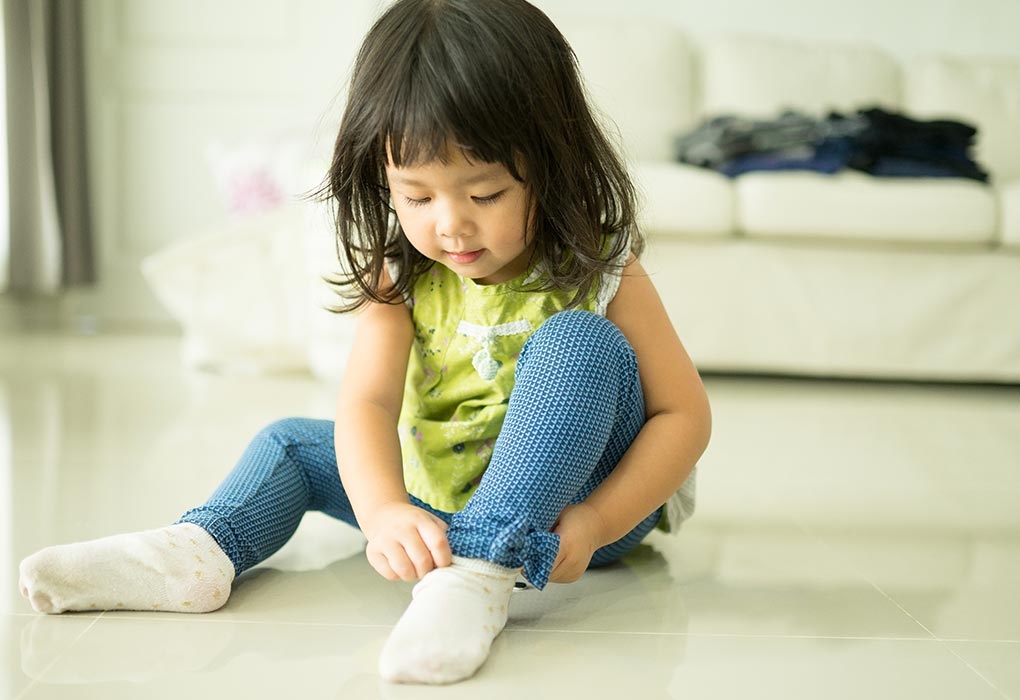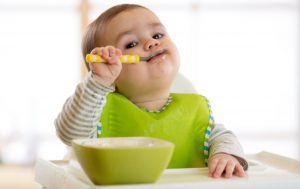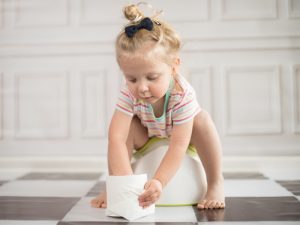Understanding the developmental milestones of children is crucial for NBCOT® exam prep students. While many focus on the average age for skill acquisition, it’s vital to grasp the developmental sequence leading to these milestones. We’ve compiled a detailed sequence of skills across gross motor, fine motor, dressing, self-feeding, and toileting areas. Practice task-oriented group activities weekly to reinforce learning. Let’s explore these developmental stages and help you prepare for the NBCOT® exam effectively!
Ot Developmental Milestones
Developmental milestones in occupational therapy are crucial for understanding child development from birth. Mastering these milestones can aid in identifying and supporting developmental delays.
- 0-6 months: Rolling, sitting (initially with support)
- 6-12 months: Creeping and crawling, sitting independently, cruising
- 12-18 months: Walking independently, attempts at running
In our full guide, we dive deeper into each age group with interactive quizzes and real-world scenarios Join now for full access!
Milestones Occupational Therapy
Fine motor skills develop along a predictable trajectory that occupational therapy tracks closely. These skills impact daily activities like dressing and self-feeding.
4-12 Months Milestones
- 4-5 months: Voluntary grasp begins; bilateral approach
- 7-9 months: Transfers object, radial palmar grasp
- 12 months: Mature pincer grip achieved
Can you identify the key differences between voluntary grasp and pincer grasp? Check out our complete breakdown for more detailed insights.
3 Month Milestones Baby
Understanding early months is crucial. At 3 months, infants begin exhibiting deliberate movement and visual tracking. These milestones set the stage for complex skills.
2 Year Old Milestones Occupational Therapy
By age 2, children show remarkable progress in self-care skills, emphasizing dressing and handling clothing fasteners.
- Assists with pulling down pants
- Attemps to put on socks
Engage your learners by incorporating real-life dressing activities weekly to solidify this knowledge.
Developmental Milestones Occupational Therapy
Self-feeding is a significant mark in a child’s independence. By tracking milestones, occupational therapists tailor specific strategies.
- 6-9 months: Begins finger feeding
- 15-18 months: Scoops food independently
- 5-6 years: Able to cut foods with a knife under supervision
NBCOT® Developmental Milestones
Mastering toileting milestones is key for functional independence and is a critical area for NBCOT® exam preparation.
- 2-3 years: Shows interest in potty training
- 4-5 years: Independent toileting achieved
Understand these developmental sequences with our comprehensive resources and exclusive quizzes on NBCOT® exam-bound topics.
Want detailed practice tips to ace the NBCOT® exam? Join now for full access!
What are the key gross motor developmental milestones for infants?
From 0-6 months, infants start rolling and sitting with support. Between 6-12 months, they begin creeping, crawling, sitting independently, and cruising. By 12-18 months, they typically walk independently and start attempting to run.
How do fine motor skills progress from 4 to 12 months?
Fine motor skills begin to develop at 4-5 months with voluntary grasping. By 7-9 months, infants can transfer objects between hands using a radial palmar grasp. At 12 months, they reach a mature pincer grip, crucial for handling small objects.
What self-care skills are typical for a 2-year-old child?
By age 2, children begin assisting with pulling down pants and attempting to put on socks, marking significant progress in dressing and other self-care skills.
What should I know about self-feeding milestones in children?
Children begin self-feeding by finger feeding at 6-9 months. By 15-18 months, they can scoop food independently. At 5-6 years, they can cut food with a knife under supervision, showcasing growing independence.
How do toileting milestones affect a child's independence?
Toileting milestones are crucial for independence. Children typically show interest in potty training between 2-3 years and achieve independent toileting by 4-5 years, which is essential for functional self-care.

